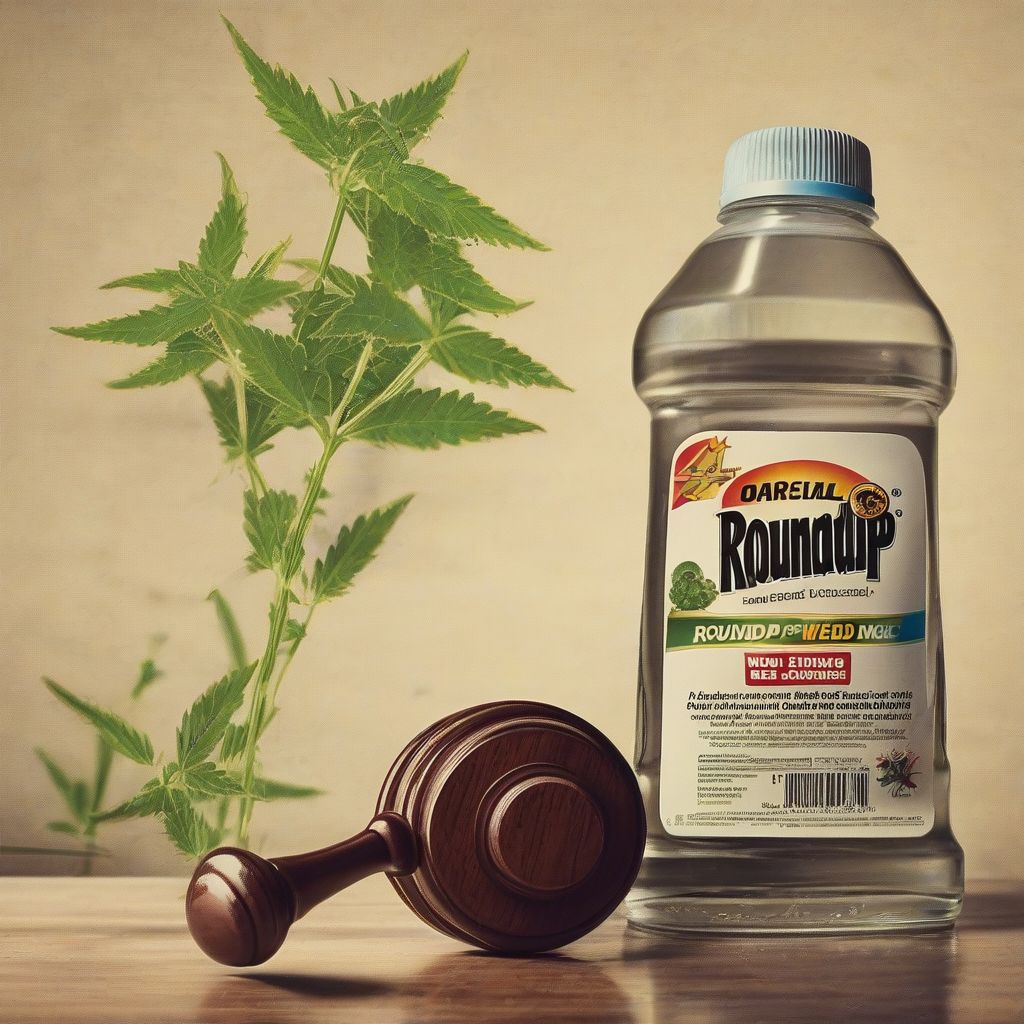The use of herbicides is commonplace in agriculture and landscaping, promising effective weed control and increased yields. However, this convenience has come under intense scrutiny with the rise of lawsuits against Roundup, a popular weed killer. These lawsuits, culminating in a massive class action lawsuit, allege that Roundup’s key ingredient, glyphosate, causes cancer. This situation raises important questions about product safety, consumer rights, and access to justice. Let’s delve into the details of the Roundup class action lawsuit and explore its implications.
What is a Class Action Lawsuit?
Before we explore the specifics of the Roundup case, it’s crucial to understand what a class action lawsuit entails. In essence, it’s a legal action where a group of individuals, known as the “class,” collectively sue a defendant for similar harms allegedly caused by the same product or action. This type of lawsuit provides a powerful tool for individuals to seek justice and accountability when facing a large corporation, especially when individual lawsuits would be impractical or cost-prohibitive.
The Roundup Case: Allegations and Evidence
The crux of the class action lawsuit against Monsanto, the manufacturer of Roundup, revolves around glyphosate. This chemical, the active ingredient in Roundup, has been at the center of scientific debate and public concern for years. Plaintiffs in the lawsuit claim that exposure to Roundup, particularly long-term exposure, led them to develop non-Hodgkin’s lymphoma, a type of cancer affecting the immune system.
 Roundup Lawsuit Concept
Roundup Lawsuit Concept
Supporting these claims are numerous studies, including one by the World Health Organization’s International Agency for Research on Cancer (IARC), classifying glyphosate as “probably carcinogenic to humans.” While Monsanto has consistently defended the safety of Roundup and glyphosate, citing other studies that found no link to cancer, juries in several high-profile cases have ruled in favor of the plaintiffs, awarding substantial damages.
Who is Eligible to Join the Class Action?
The Roundup class action lawsuit is open to individuals in the United States who have been diagnosed with certain types of non-Hodgkin’s lymphoma after using Roundup or other glyphosate-based herbicides. Specific eligibility criteria exist, often involving the time frame of Roundup use and the type of cancer diagnosed. Those interested in joining the class action are advised to consult with legal professionals specializing in this area to determine their eligibility and understand their legal options.
What are the Potential Outcomes of the Lawsuit?
Class action lawsuits typically aim to achieve one or more of the following outcomes:
- Financial Compensation: This can include compensation for medical expenses, lost wages, pain and suffering, and in some cases, punitive damages intended to punish the defendant for wrongdoing.
- Medical Monitoring: In situations involving potential long-term health risks, courts may order the defendant to provide medical monitoring for the class members to detect and address any future health problems related to the product or action in question.
- Changes in Product Labeling or Design: If a product is found to be defective or dangerous, the court may order the defendant to modify the product or its labeling to improve safety and provide clearer warnings to consumers.
The outcome of the Roundup class action lawsuit is still unfolding. While Monsanto, now owned by Bayer, has settled a significant portion of the claims, appeals and further litigation continue. The final outcome remains to be seen, but the case has undeniably raised awareness about the potential risks associated with glyphosate and prompted crucial conversations about pesticide regulation and consumer safety.
Beyond the Lawsuit: Considerations for the Future
The Roundup class action lawsuit serves as a stark reminder of the potential health and environmental impacts of widely used chemicals. It underscores the importance of thorough scientific research, transparent risk assessment, and robust regulatory frameworks to protect public health. As consumers, it is essential to be informed about the products we use, advocate for our right to safe products, and support sustainable alternatives that minimize harm to human health and the environment.

